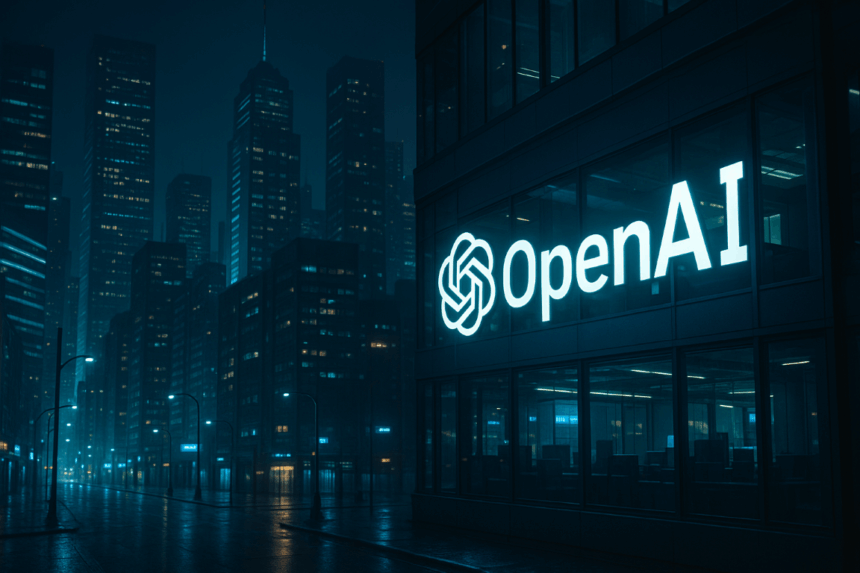OpenAI has taken significant strides in enhancing its ChatGPT platform by introducing a global group chat feature. This development allows users across the world to have a shared interaction space, catering to diverse requirements ranging from personal to professional environments. OpenAI has highlighted the advantages of this feature in bringing people together via a digital platform, suggesting multiple uses in everyday scenarios. As the company advances in AI technology, it strategically builds on the potential of group collaborations.
In recent developments, OpenAI had initially rolled out the group chat feature in select countries, including Japan, New Zealand, South Korea, and Taiwan. This expansion follows successful feedback from early testers in these regions. Initially, ChatGPT users experienced various options for collaboration, but the group’s chat capacity introduced an interactive element previously unavailable. This feature fosters both formal and casual communication across distant members, showing OpenAI’s commitment to progressive features inspired by user feedback over time.
What Does the New Feature Offer?
The group chat capability in ChatGPT facilitates interactions among up to 20 participants in a single session. This enhanced collaboration space supports communication among friends, family, or colleagues, while the AI responds contextually within the conversation. Operations such as adding or removing participants bring flexibility and practicality to group interactions. The inclusion of these collaborative innovations marks an evolution from standard user interactions to enriched group experiences, as articulated by OpenAI.
How Will ChatGPT Support These Chats?
The initial testing phase of the feature was backed by positive user engagement, prompting its broader release. In line with this, GPT-5.1 will power group chat interactions, selecting optimal responses based on conversation context. This latest AI model promises improved reasoning abilities and enhanced personalization, strengthening the practical and inventive capabilities of ChatGPT during group interactions.
“Early feedback from the pilot has been positive, so we’re expanding group chats to all logged-in users on ChatGPT Free, Go, Plus, and Pro plans globally over the coming days,” OpenAI stated, affirming its intention to develop further enhancements.
The AI’s ability to respond dynamically and in context reflects OpenAI’s goal of seamless interaction in multi-user settings. This feature suggests various applications, such as planning events and facilitating group projects, ensuring versatile use for different user needs.
OpenAI emphasizes the value this interactive feature provides for collaborative decision-making and brainstorming activities.
“Group chats are just the beginning of ChatGPT becoming a shared space to collaborate and interact with others,” OpenAI noted, indicating the potential for wider application in numerous activities.
The revised experience hopes to continually aid users in everyday collaborative scenarios, driven by a powerful AI infrastructure.
Analyses suggest that OpenAI has consistently worked towards refining interactive AI functions while addressing user demands. Other AI platforms have similarly explored group interaction features, revealing a trend towards accommodating multi-party communication within AI systems. Through these updates, OpenAI aims to offer an improved user journey by integrating advanced AI capabilities with practical user tools.
This advancement in ChatGPT’s functionality offers promising potential for enterprises and individuals alike by integrating AI capabilities with group dynamics. Users can expect continued refinement and user-centric improvements as OpenAI garners new insights from ongoing use. Whether it’s planning a meeting or generating collective ideas, this new feature exemplifies how AI can bridge communication gaps in today’s digital world.










